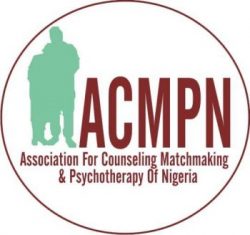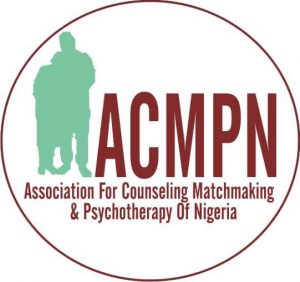We all have past experiences which create the adults we are today. Our past is important, as the dots from the past joins the dots in the present and future. If then, our past has been hard and tumultuous, how then do we have hope for the future or the present? Is my past going to create a very different person today and in the future? What would I have been if I didn’t suffer the childhood abuse or trauma or if I wasn’t married to him for most of adult life? Who would I have been?
So many questions and so much uncertainty around who am I? What I could have been? Or who I can be? How do I move forward and look into the future and have hope for the future? Learning to accept the past, understanding why it happened, how it affected me as a child or an adult, the decisions I made as a result of my experiences, various relationships I built, lost, recreated and maintained.
The question “who am I?” almost creates this sense of not being adequate. When sometimes working with individuals who have suffered some form of childhood abuse or a long-term relationship breakdown, they claim they don’t really know who they are if not for the childhood abuse or the time spent in this long relationship. Rather than to stay with the fragile sense of self, what about creating new experiences for yourself and creating a new sense of self?
Understanding, learning, being aware of one’s own thoughts and feelings, fears and hopes will help to create a new sense of self which is flexible and will keep changing over time. Learning and accepting that there will always be parts of our identity that serve us well and for us to continue to keep them and discarding other parts of our identity which may not serve us well and limit us.
In T.S Eliot’s The Elder Statesman, a character says:
“I’ve been freed from the self that pretends to be someone. And in becoming no one, I begin to live.”
A counsellor can provide you with the space to explore your thoughts and feelings to create a new sense of self.


